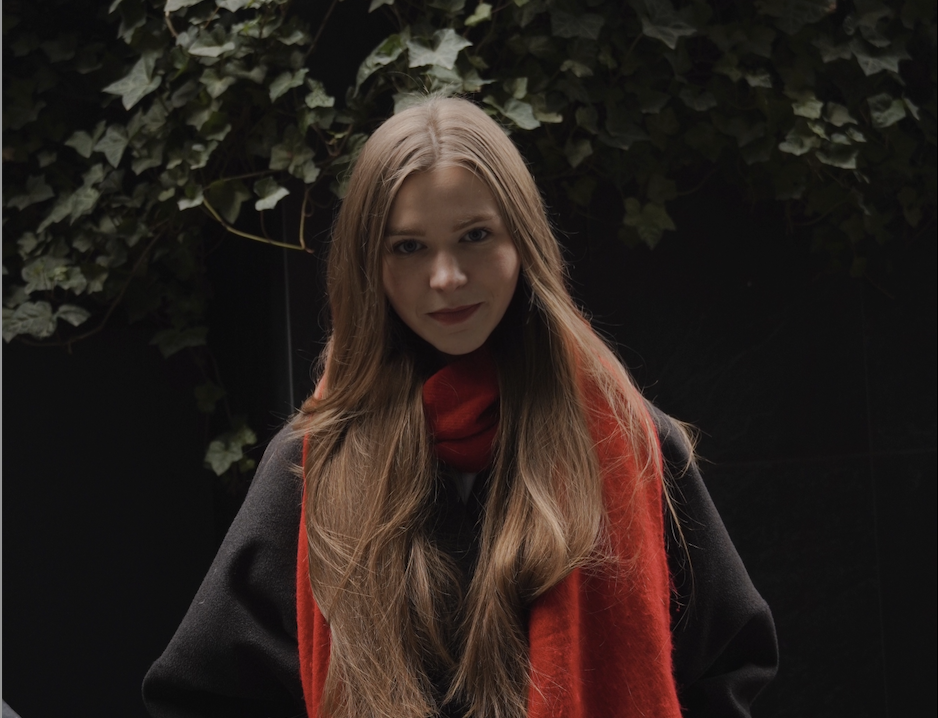A video published on TikTok by Yuriy Boyko, a pro-Russian lawmaker and former head of the banned Opposition Platform — For Life, was met with public outrage in Ukraine.
In his Dec. 14 video, Boyko repeated long-standing Russian propaganda points of radicals controlling Ukrainian streets.
Sitting in his office and looking at the camera, Boyko said that alleged "radicals" in Ukraine "started demolishing monuments, renaming towns, forbidding people to speak their native language" and not allowing people to "go to the church they want to go to."
Yet, Boyko wasn't recording the video from Moscow, he was doing so from Kyiv. Despite three years of all-out war, the businessmen and politicians with strong ties to Moscow were able to keep their standing in Ukraine.
"Sometimes, I attend events organized by diplomatic missions of other countries. I regularly see Boyko there. And I always have the same question: why is he here and not in jail?" politician and volunteer Serhiy Prytula said.
"Sometimes, I attend events organized by diplomatic missions of other countries. I regularly see Boyko there. And I always have the same question: why is he here and not in jail?"
As talks about potential elections in Ukraine are gaining momentum, the Russian-friendly group began to speak up.
"This is a statement that launches a political process. The question is which one and why now," Mykyta Poturayev, the chairman of the parliament's Committee on Humanitarian and Information Policy, told the Kyiv Independent.
After the public uproar, Boyko was questioned by the Security Service of Ukraine (SBU). He was also expelled from the Parliamentary Committee on Human Rights, yet only after the second try.
In a subsequent video, the lawmaker apologized and called Russian President Vladimir Putin a "war criminal." Despite that, Boyko did not delete the previous video and continued to publish new ones, gaining tens of thousands of views.
Following the failed first attempt to sack Boyko, political analyst Volodymyr Fesenko wrote that the pro-Russian lawmaker had "friends or sympathizers" in all factions and parliamentary groups. He called this the hidden side of politics, which involves informal relations.
"It should not come as a surprise that Yuriy Boyko and his political comrades felt and still feel good under different governments and presidents. They knew how to negotiate with everyone. And this is the secret of their political survival," Fesenko said.
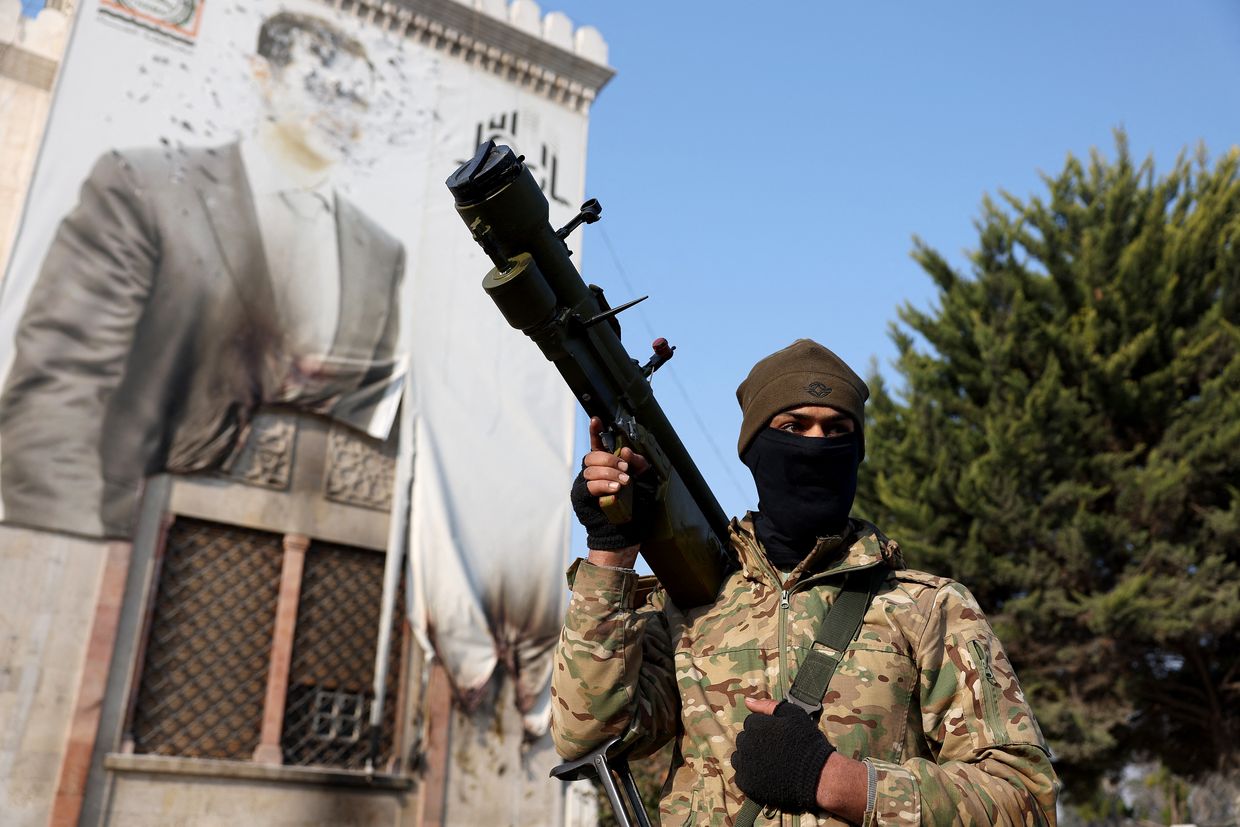
Who is Yuriy Boyko?
Boyko, 66, is a well-known face in Ukraine.
An energy minister under pro-Kremlin President Viktor Yanukovych, Boyko ended his tenure in government as the country's deputy prime minister during the EuroMaidan Revolution that ousted Yanukovych and his government.
In 2011, a journalistic investigation revealed that Boyko was allegedly involved in a corruption scheme now bearing his name, which is thought to be one of the largest in Ukraine's history.
The state-owned company Chornomornaftogaz, which was subordinated to Boyko's energy ministry, bought two oil rigs in the Black Sea through offshore companies. The state's losses from the purchase were estimated at $400 million.
The rigs had been occupied by Russia since 2014. Kyiv regained control of them in the fall of 2023.
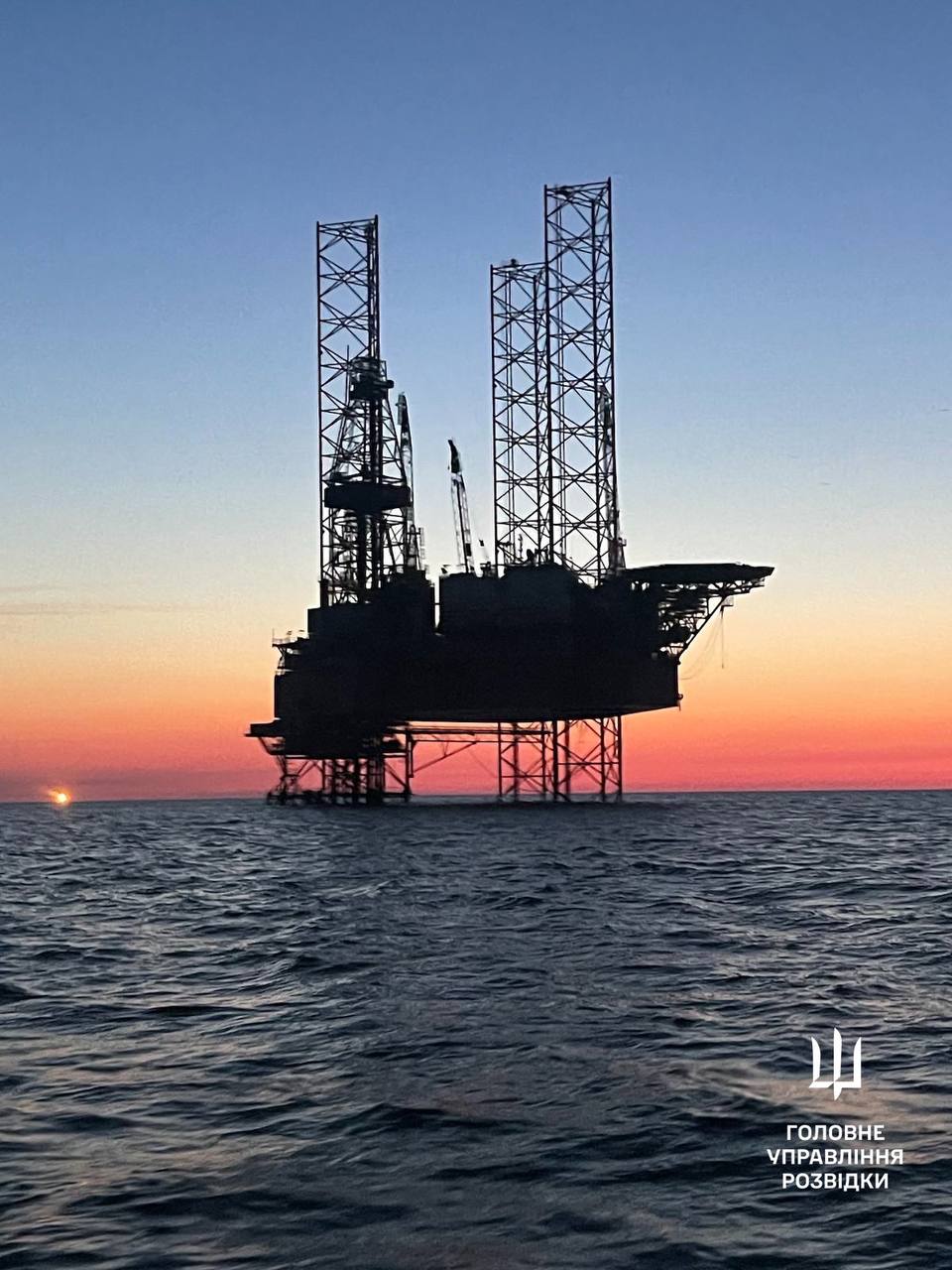
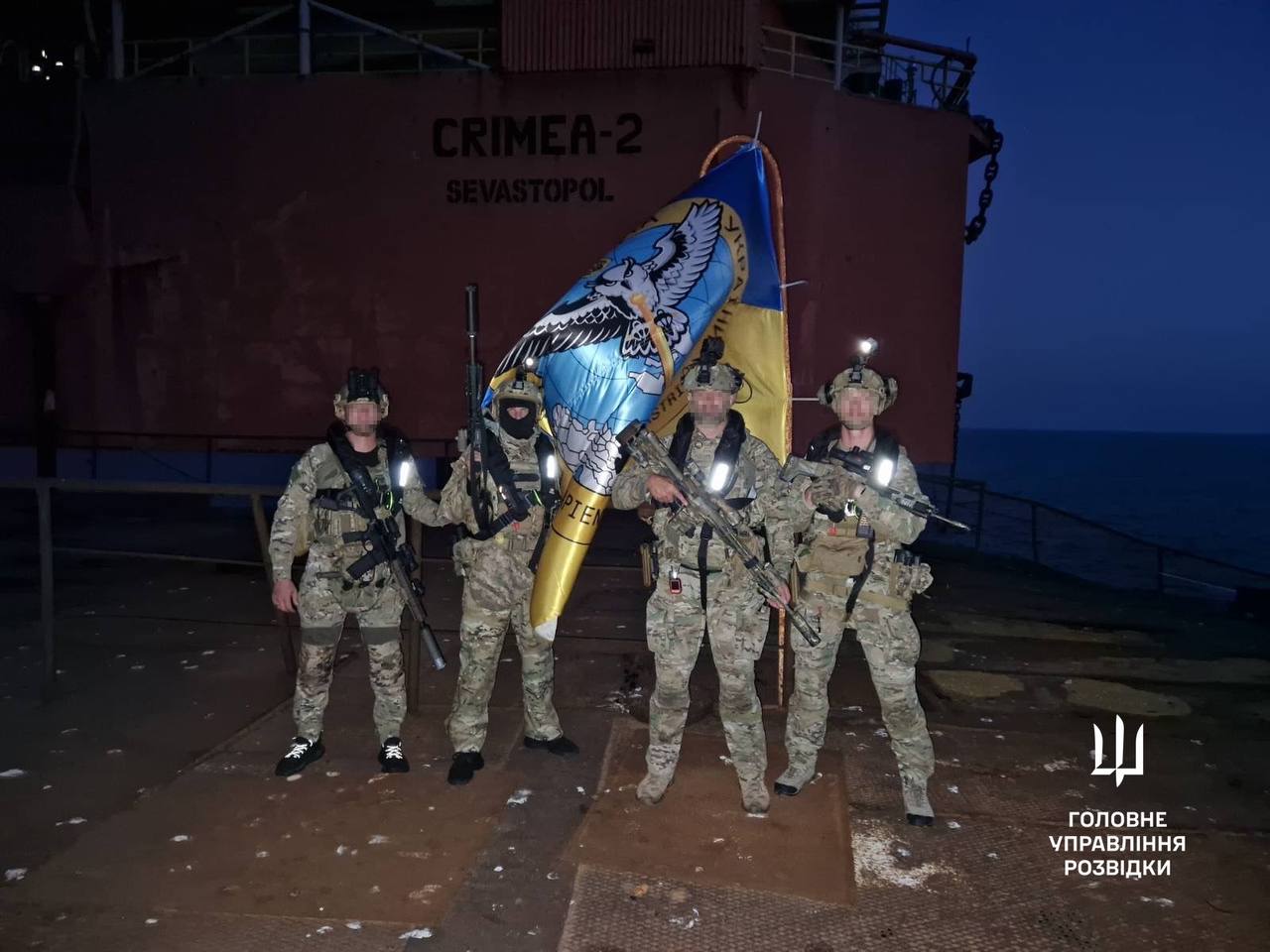
Before his tenure as minister Boyko led Ukraine's Naftogaz, a state-owned oil and gas company, and was awarded the title of Hero of Ukraine for "settling Ukraine's gas debt to Russia."
With such a trail, it came as a surprise that Boyko did not flee in 2014, soon reinventing himself as one of the leaders of several pro-Russian political projects.
Boyko advocated for Ukraine's "neutrality and non-alignment" and for granting the Russian language the status of the state language, proposals that echo Putin's ultimatums.
Boyko ran for president in 2014 and 2019, coming in fourth place in the latter.
Along with his tentative ally, pro-Kremlin businessman Viktor Medvedchuk, Boyko traveled to Moscow to meet with then-Prime Minister Dmitry Medvedev. The two visited Russia again in a few months.
The SBU launched investigations into the trips, but there were no further developments. Boyko was neither suspected nor charged.
The joint political project of Boyko and Medvedchuk, Opposition Platform — For Life, secured second place in the 2019 parliamentary elections with 13 percent of the vote and 44 seats.
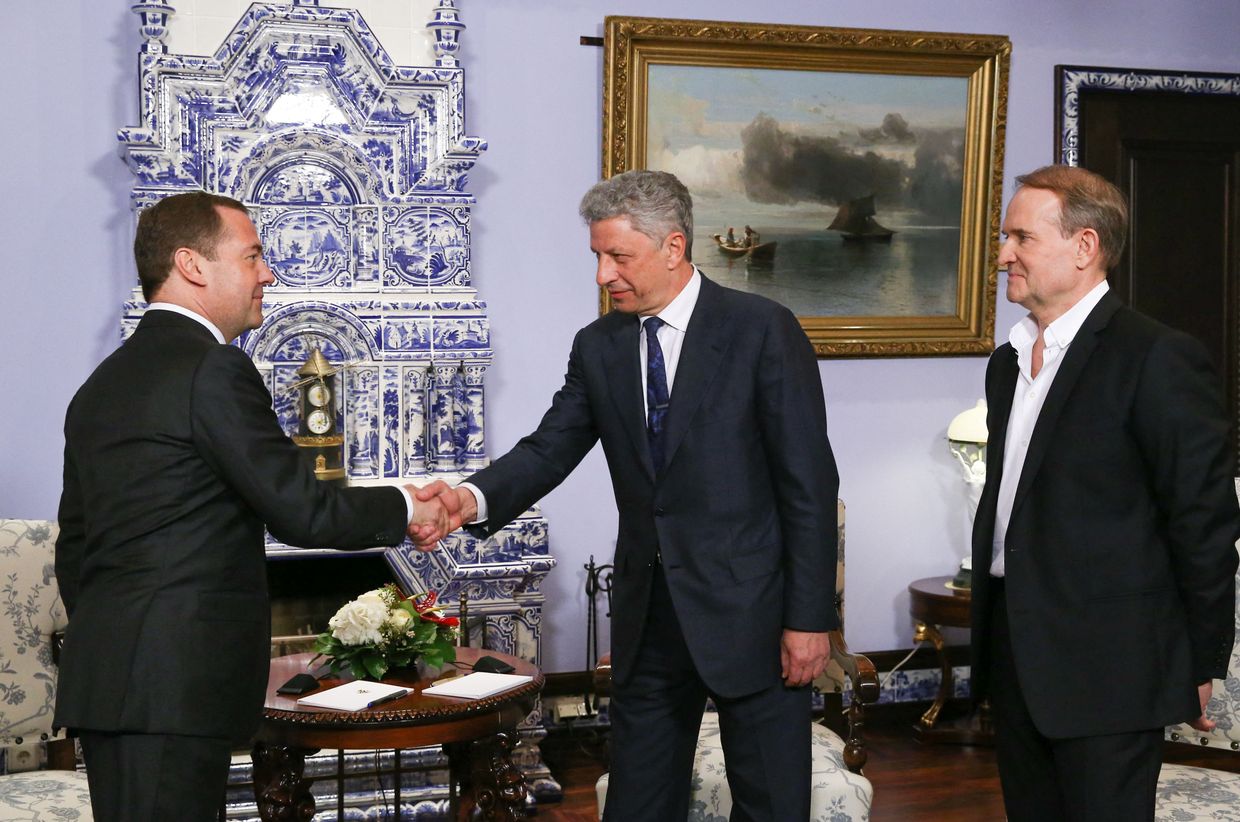
Following the start of the all-out war, Medvedchuk was arrested and sent to Russia amid a prisoner exchange. Boyko wasn't touched.
On the third day of the full-scale invasion, when Russian troops were moving deeper into Ukraine, reaching the outskirts of Kyiv, Boyko was interviewed by Russian propaganda mouthpiece Vladimir Solovyov. The politician claimed that his faction and people were ready "to do everything" to start Ukraine-Russia talks as soon as possible.
"I did not think about leaving Ukraine at all. If you leave Ukraine, you put an end to your political career," he said later.
As the war progressed, Boyko rebranded himself, disowning his pro-Russian associates who had not done so. He condemned Russia's aggression and supported Ukraine in restoring its 1991 borders.
Oleksandr Salizhenko, editor in chief of the political watchdog Chesno, said Boyko had been careful following the EuroMaidan Revolution, yet he soon drifted back to an outright pro-Russian stance.
"It seems to me that the situation is now repeating itself, in terms of various indicators, voting, speeches, and the rhetoric of speeches (in parliament)," Salizhenko said.
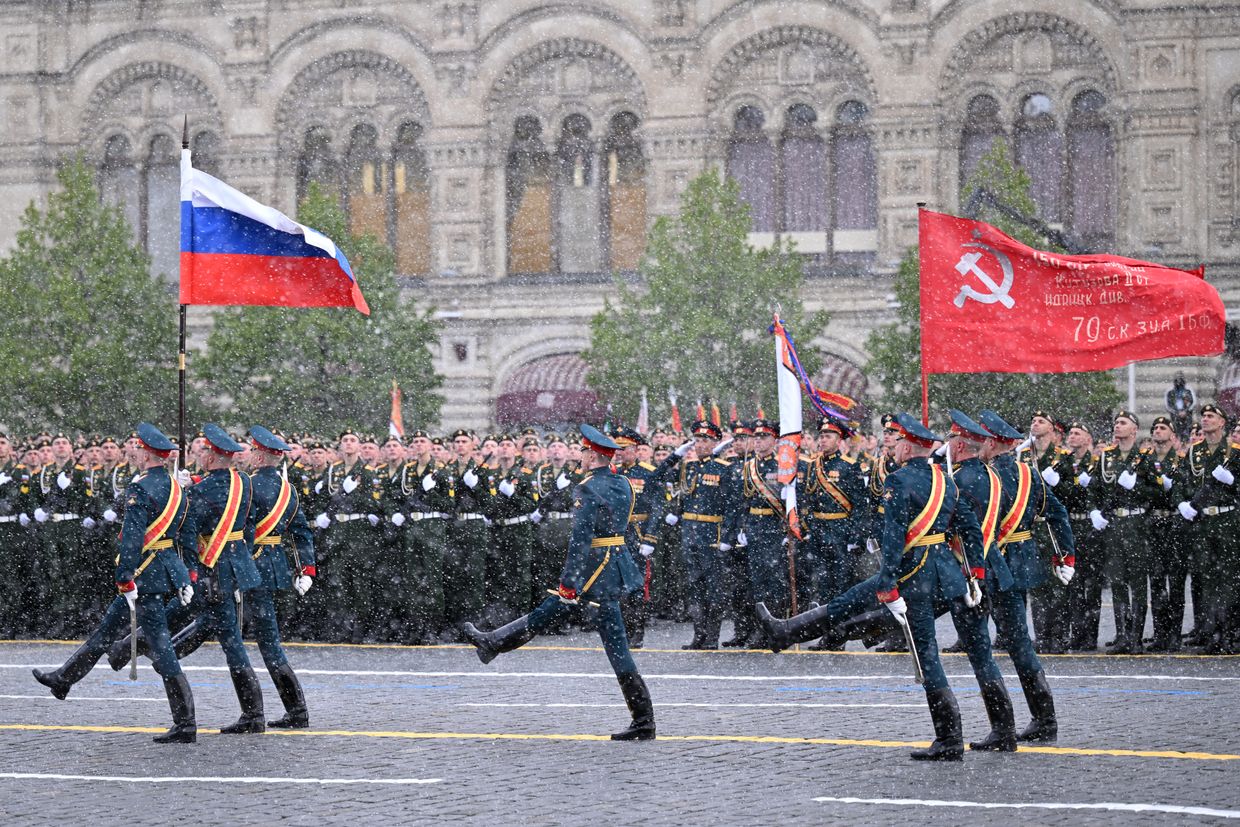
Rebranding in the parliament
In September 2022, Ukraine's Supreme Court banned the Opposition Platform. Faction members attempted to rebrand themselves, splitting into two parliamentary groups — Platform for Life and Peace and Restoring Ukraine. The first one is led by Boyko.
"This is a Russian party sitting in Ukraine's parliament," Mykola Davydiuk, a political observer, told the Kyiv Independent.
"This is a Russian party sitting in Ukraine's parliament."
Olena Shuliak, the head of the governing Servant of the People party, praised MPs from the banned pro-Russian party for "very constructive" cooperation with the ruling one, without elaborating on the terms.
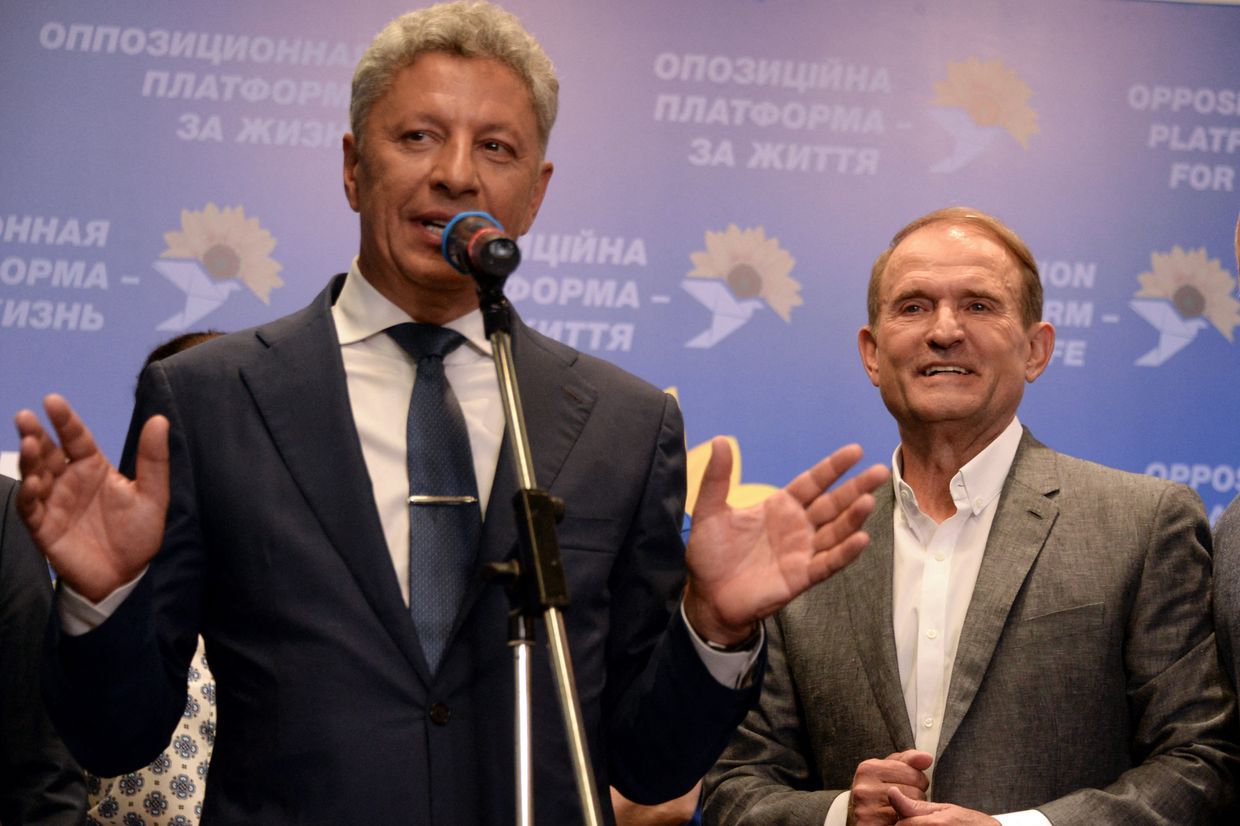
Some lawmakers and experts suggest that the remnants of the pro-Russian groups in parliament help Zelensky's party stay afloat by voting for controversial bills in exchange for avoiding sanctions or criminal prosecutions.
Yet, not all were saved from prosecution. A number of pro-Russian politicians are now either behind bars, fled Ukraine or ended up in Russia. According to Chesno, nine lawmakers from two parliamentary groups, successors of Opposition Platform, have been suspected of crimes against Ukraine’s national security.
According to Salizhenko, after the outbreak of full-scale war, the lawmakers of the former Opposition Platform changed their approach to voting.
"They are trying to demonstrate their usefulness to the authorities. They want to be counted on," he said.
He also does not rule out that Boyko will be easier to control than a potential pro-Russian political newcomer.
Publicly, Boyko said that his group supports Zelensky. Poturayev called the allegations of a deal between the ruling party and the Opposition Platform a "manipulation."
At the same time, according to the analysis of the Chesno, in 2022-2023, 86% of decisions could have been adopted without the votes from the former members of the Opposition Platform. Only 9.1% of initiatives could not have passed without their votes.
"The lawmakers of the former 'Opposition Platform' do not vote with the majority when Russia has at least some interest in a particular issue. For example, on the ban of the Ukrainian Orthodox Church of the Moscow Patriarchate (UOC-MP)," said Salizhenko.
They voted against the decision to dissolve the Kremlin-linked church, a number of priests of which were charged with treason for assisting Russia during the war.
Even though Boyko's statement on TikTok was harshly criticized by many lawmakers and top officials, the parliament barely supported his expulsion from the Human Rights Committee, failing the first round of voting.
Russia's candidate
Throughout the war, Boyko posted videos on his YouTube channel, as well as gave interviews to pro-Kremlin former journalists from TV channels linked to Medvedchuk, that were banned in 2021 for spreading disinformation and Kremlin's propaganda.
However, the launch of his TikTok channel brought Boyko back into public space.
Although the social media platform is used by many Ukrainian politicians, Boyko's video has sparked speculation that it could be a sign that he is doing groundwork for the post-war presidential and parliamentary run.
The law does not allow Ukraine to hold elections during martial law. Andriy Yermak, head of Zelensky's presidential office, said that presidential elections would be held "immediately" after the end of the war.
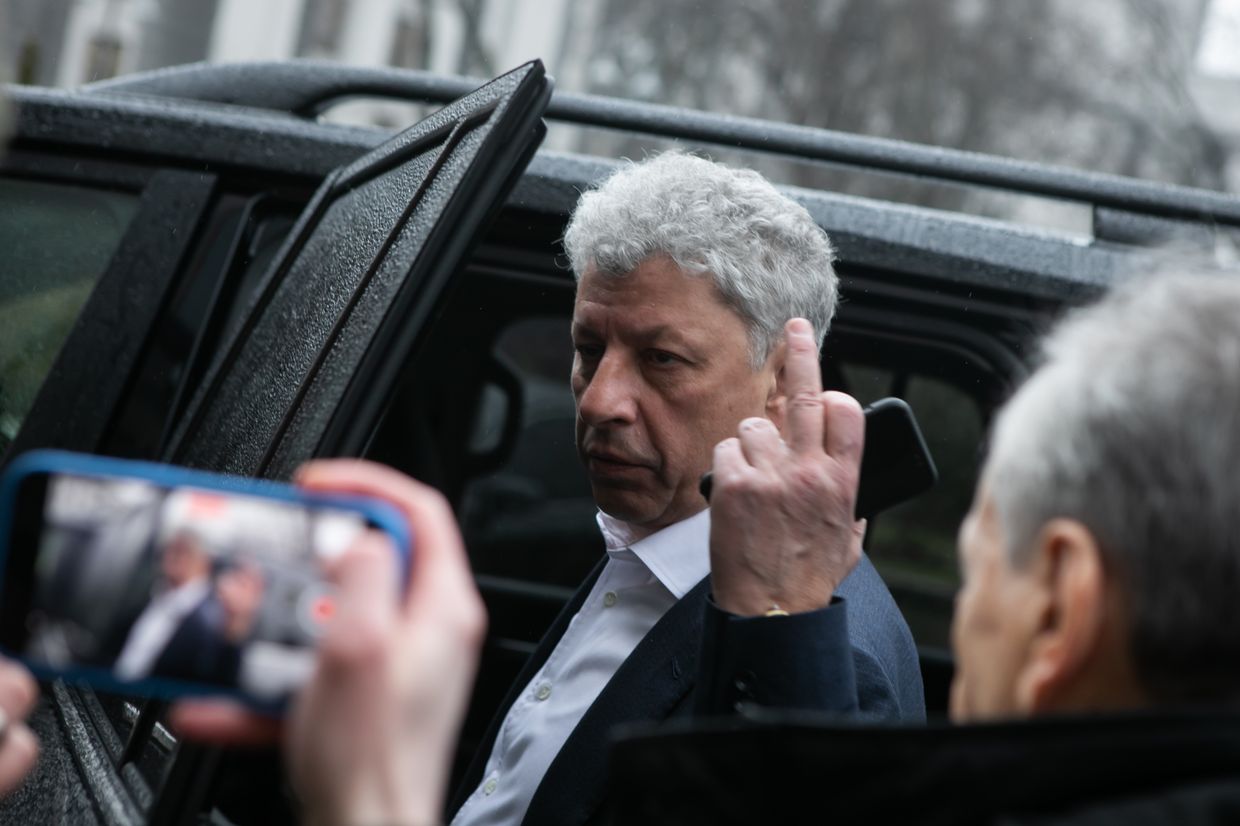
After Donald Trump's victory in the U.S. presidential election this November, Kyiv has shifted its rhetoric on potential negotiations with Russia amid growing expectations of possible ceasefire talks.
Despite multiple media reports about the preparations for elections, Poturayev denied that the ruling party is getting ready for the election.
Salizhenko questions the assumptions about elections, saying that it is impossible to even organize them now.
Over 20% of Ukraine's territories are occupied by Russia, with electoral infrastructure destroyed in multiple settlements in Ukraine-controlled territories. Additionally, there are over 6 million Ukrainians abroad and another 4.5 million internally displaced.
"These multiple problems simply mean that talks about elections are too early," he said.
"Politicians should talk about how we are going to solve these problems related to the elections, and not about how to hold these elections as soon as possible."
Note from the author:
Hello there! This is Kateryna Denisova, the author of this piece. I hope you found this article informative. Despite ongoing Russia’s full-scale war, Ukraine’s domestic politics has been brewing over the past year.
Please consider supporting our reporting. We promise to deliver more stories on this topic going forward.
